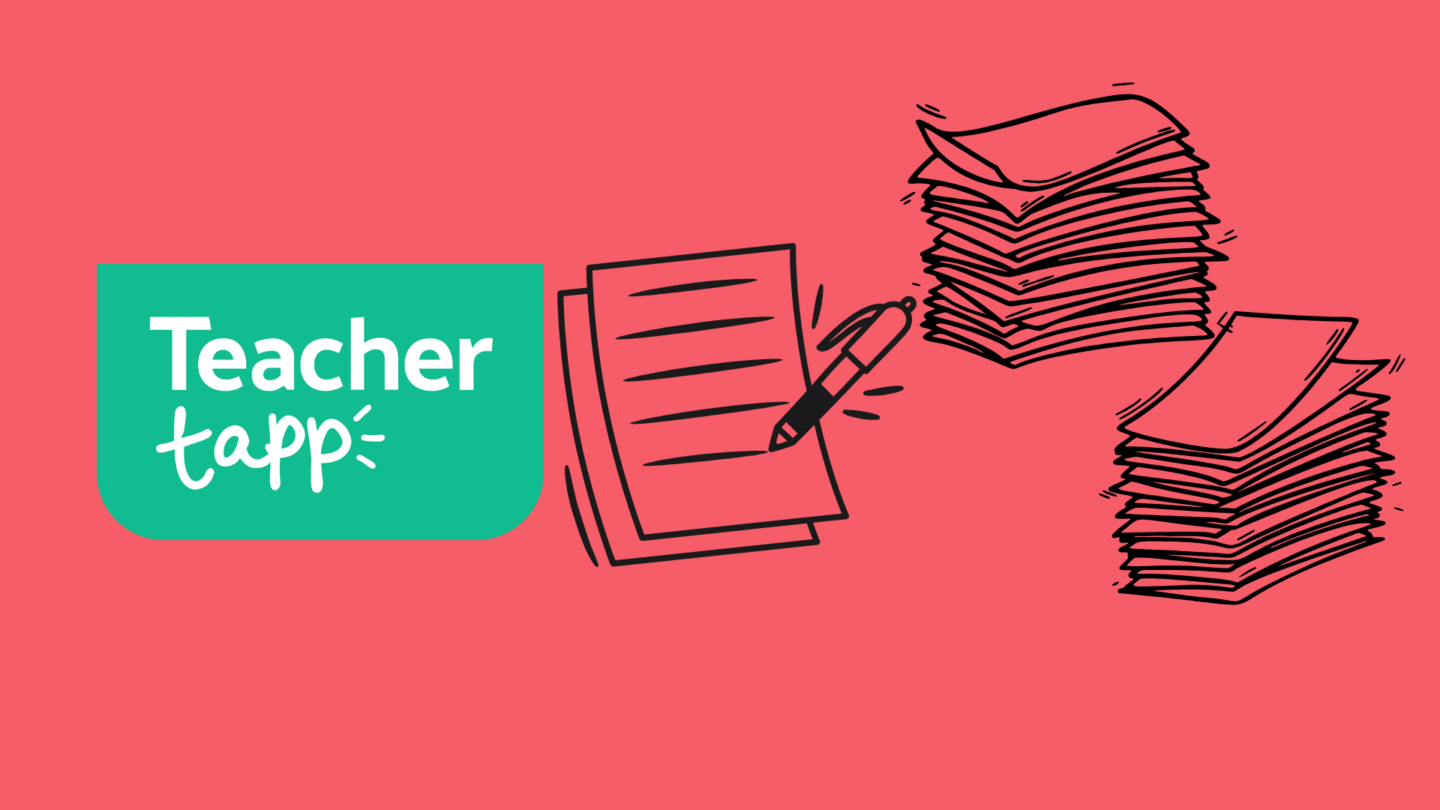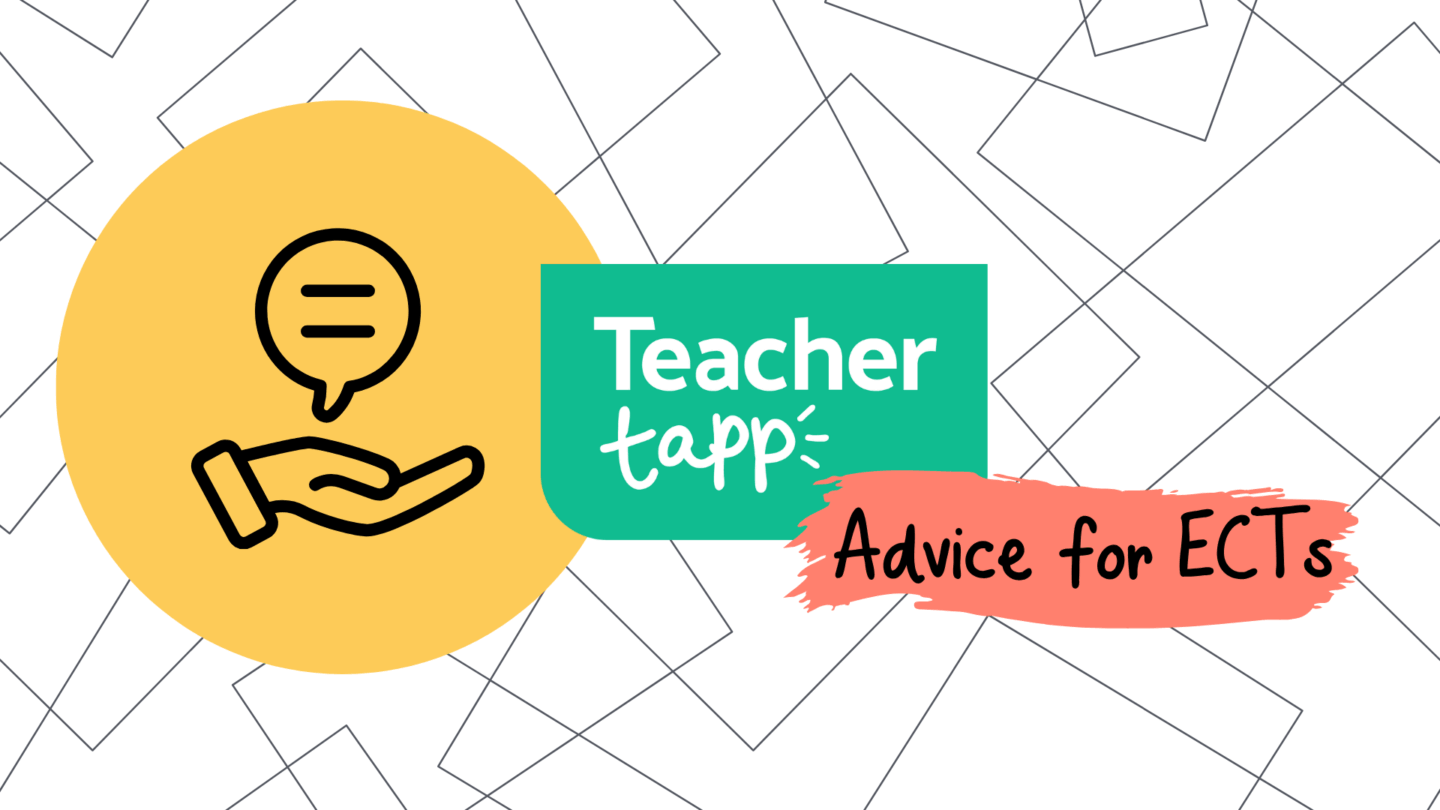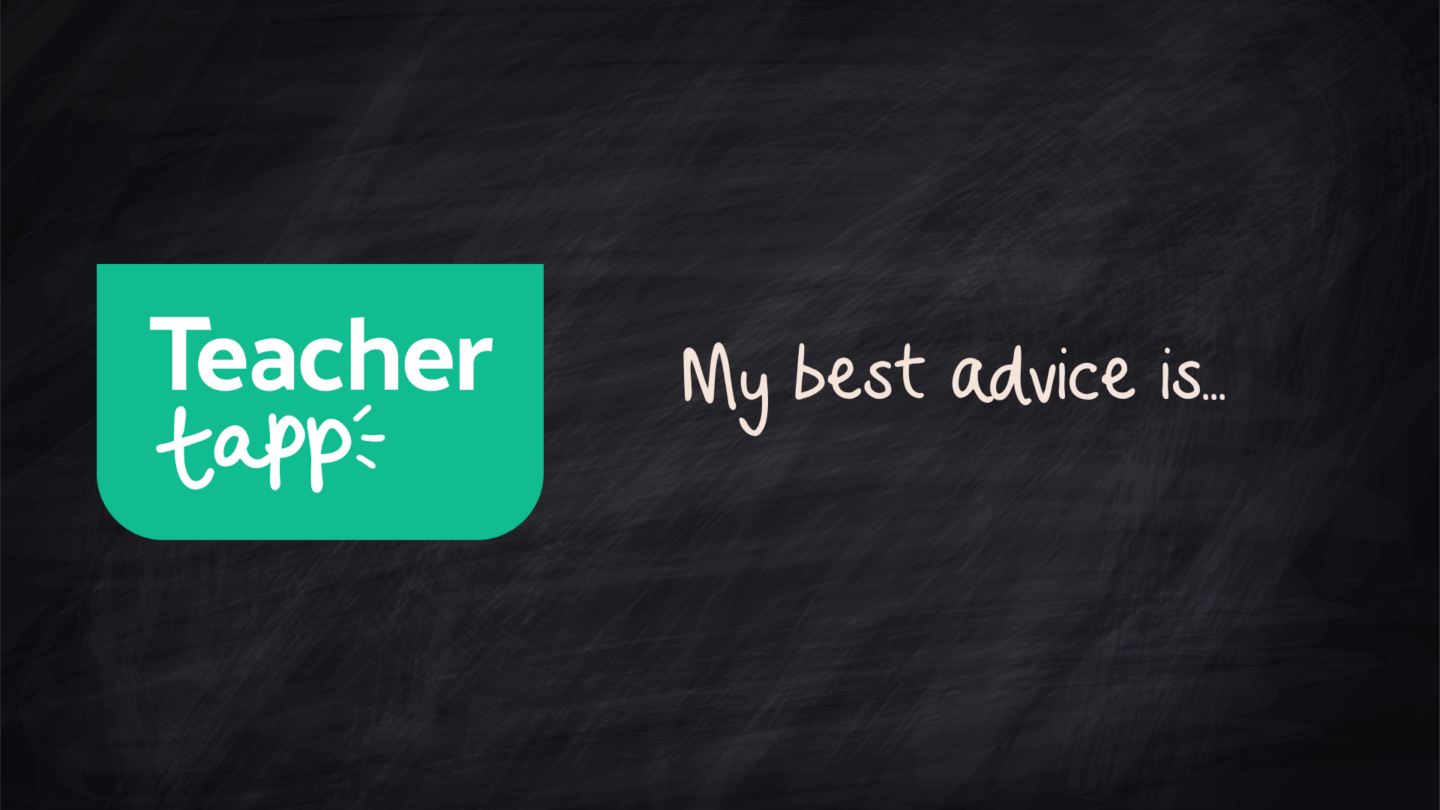Tappsters! We nearly hit the 7,000 daily user mark at the weekend – and maybe we did meet it today (fingers crossed)! Knowing that 7,000 teachers are now taking part in daily research is a powerful thing and is giving us collective data that we’ve never had before and which can help steer policy. On which point…
Finding #1: Money Talks
Last week the national pay body outlined its plan for teacher salaries in the future. New teachers are likely to benefit from substantial hikes while more experienced teachers will have flatter pay increases. Is this right?
Since 2017 we have been collecting information on teacher salaries and the costs of living for teachers. Why? Because salary decisions should not be based on the random whims of education secretaries or non-evidenced demands. To help, we sometimes ask questions about finances, which may seem strange out of context, but it helps us add real substance to this debate. So what have we learned this week?
Many teachers have suffered a REAL TERMS fall in their salary (i.e. it hasn’t kept up with inflation) since 2010. While money doesn’t make you happy, not having enough makes life very stressful. 18% of you who are classroom teachers (without significant middle leadership roles) say you are scraping by or your income is falling well short of what you need.

The question of what is ‘enough’ to live on is tricky, though, as people interpret it differently. One way social surveys check how close to struggling people really are is to ask whether you could ‘find’ £1000 or £5000 to cover an emergency.
Overall, about two-thirds of you could find £1000 but only 4-in-10 could find £5000. What’s interesting about this is that while senior leaders say they are pretty comfortable on their salary, they also don’t have significant savings stacked up for a rainy day.

Many of you supplement your school salary with other work. Middle leaders are most likely to earn money from exam marking or selling resources. But a large proportion of you also earn money from a job outside education. What are you doing? Holiday jobs? Babysitting? Do let us know so we can write a survey question to learn more! (Our email is hello@teachertapp.co.uk)

Finding #2: Are you a progressive or traditionalist?
Every so often we ask if you consider yourself to be more progressive or traditional as a teacher. A few of you always tell us it’s a ‘false dichotomy’, but nearly all of you will happily express a view about which end of the scale you sit.
Furthermore, this week we looked to see if more traditional teachers really do like ‘more traditional’ things to happen in their classroom. And they do! For example:
- 91% of very traditional teachers want students to follow instructions first time (versus 68% of very progressive teachers)
- 42% of very traditional teachers would like a silent classroom for much of the time (versus 9% of very progressive teachers), and
- 59% of very traditional teachers want students completing lots of practice questions (versus 33% for very progressive teachers)
By contrast, very progressive teachers generally want students speaking more often than the teacher (61% vs 10%) and to be completing pair/group work during class (62% vs 10%).

However, we weren’t quite sure how much these differences in the ‘ideal’ lesson represented the nature of the subjects you taught. After all, we know from the previous times we’ve asked that maths teachers are much more likely to be traditional and arts teachers more progressive.
The chart below therefore restricts the analysis just to PRIMARY teachers, all of whom teach a similar mix of subjects. And lo, the patterns still hold! Primary teachers who say they are traditional are much more likely to want a classroom where rules are followed and where they talk more than the students. Progressive primary teachers are more likely to favour pupil talk, group work and teaching topics that relate to students’ lives.

Finally – here’s a curiosity. Remember on the 1st of January we asked you whether you most wanted your job to help you: make a living, make a difference, or leave a legacy? Well, very traditional teachers are much more likely to work to make a living OR to leave a legacy. Progressive teachers are more motivated by making a difference.

Finding #3: Repeated accountability
Many school leaders have said their school is reducing the number of ‘data drops’ that teachers must complete each year. We wanted to check whether that’s actually happening.
Based on a question we’ve now asked for three years, data drops are indeed falling.
Half-termly (or more frequent) data drops are now taking place for 45% of teachers, compared to 58% in 2018. (It’s worth saying that Teacher Tapp has grown MASSIVELY over this time, but if we restrict the sample to those who answered on each occasion, the fall is even larger from 54% down to 35%.)

NOW.. before you say it… we know this question isn’t so easy for secondary teachers to answer if they have different data drop cycles for different year groups.
But if we look solely at the primary teachers who have answered on all three occasions, their frequency of data drops has also fallen from 54% to 30%. So it’s pretty clear there is a revolutionary change in how data collection is happening
Does this mean that schools are instead finally focusing on things that really matter to the education of children? Not so fast…
You may remember we also teachers to tell us how ‘much activity in their school is primarily driven by how things look to outsiders’. Well, it’s another question that we’ve now asked three times.

Unlike the data drop question, we see almost no change in how teachers respond to this question. You still feel that much of what goes on your school is there for outsiders. So while you aren’t dropping as much data anymore, it has likely been displaced with other things. Curriculum intent statements, anyone?






